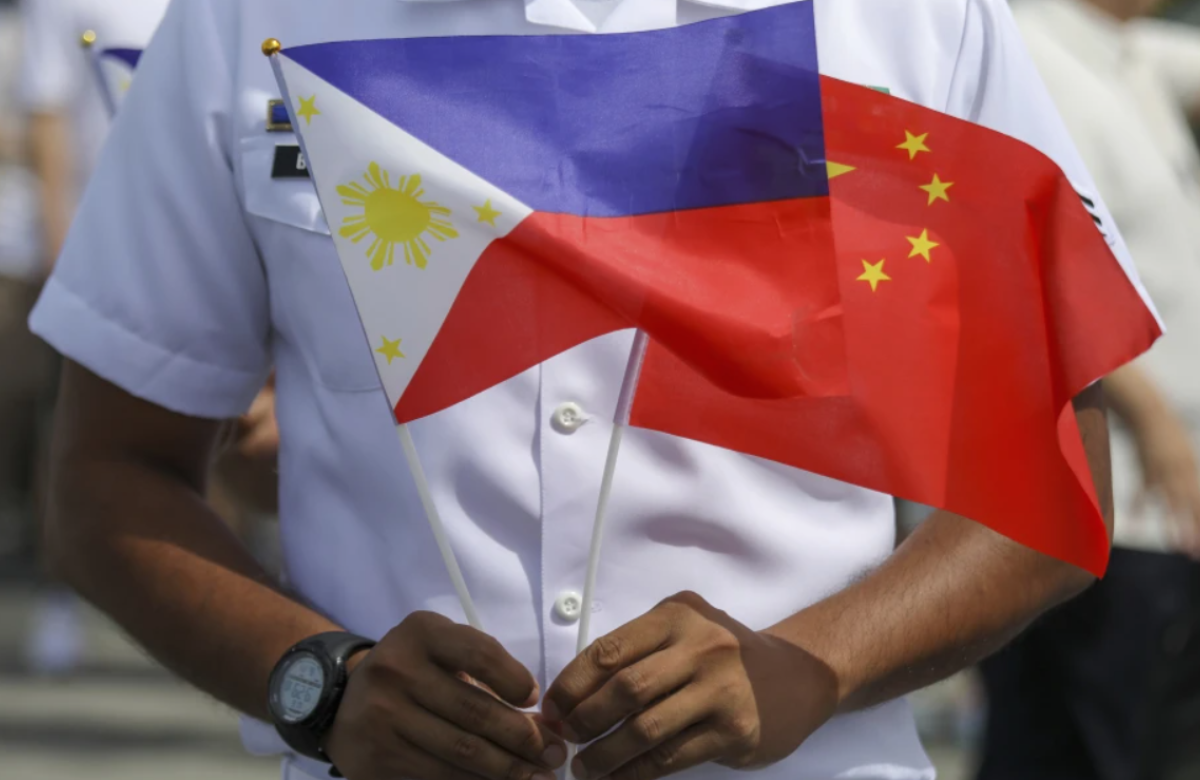China’s Ministry of Education has released a safety advisory for Chinese students currently studying or planning to study in the Philippines, citing a recent string of criminal incidents allegedly targeting Chinese nationals.
Though the brief notice did not detail specific cases, it urged students to remain alert and prioritize personal safety. While exact numbers weren’t provided, enrollment of Chinese students in the Philippines has reportedly dropped to just a few hundred in recent years, according to South China Morning Post.
The advisory comes at a time of heightened tensions between China and the Philippines, largely stemming from their ongoing disputes in the South China Sea. China claims nearly the entire area, a stance that has led to repeated confrontations. Recently, Chinese coast guard vessels have used water cannons and other methods to drive away Philippine fishing boats in contested waters.
In response to the advisory, Philippine Presidential Communications Office Undersecretary Claire Castro acknowledged China’s right to issue such warnings. However, she emphasized that the overall security situation in the country has been improving.
“The crime rate has been going down,” Castro said during a news briefing. “The safety and security in the Philippines, we can say, have been improving as far as we are concerned.”
She also noted that Philippine authorities have been responsive to public safety concerns. Crimes linked to Chinese-run online gambling operations have declined significantly, she said, with many Chinese suspects deported in recent crackdowns.
One high-profile case in February involved the kidnapping of a 14-year-old Chinese student in Manila. The student’s driver was killed, and the boy’s finger was severed by the abductors to pressure his family into paying a ransom. Philippine officials stated that both the student’s family and the gang’s leader had prior connections to online gambling businesses.
Diplomatically, tensions have also grown following China’s rejection of a 2016 ruling by an international tribunal in The Hague, which invalidated most of its claims in the South China Sea. Additionally, Beijing has been critical of the Philippines’ strengthening ties with the United States.
China has a history of issuing travel and education advisories as a form of soft pressure in response to diplomatic disputes. In April, it released a similar warning regarding the safety of Chinese students in the United States, amid strained U.S.-China relations.
Also Read:
US to Establish Maintenance Facilities for Philippine Navy Close to Contested South China Sea
Japan Posts Trade Deficit as Trump’s Tariffs Weigh on Exports













